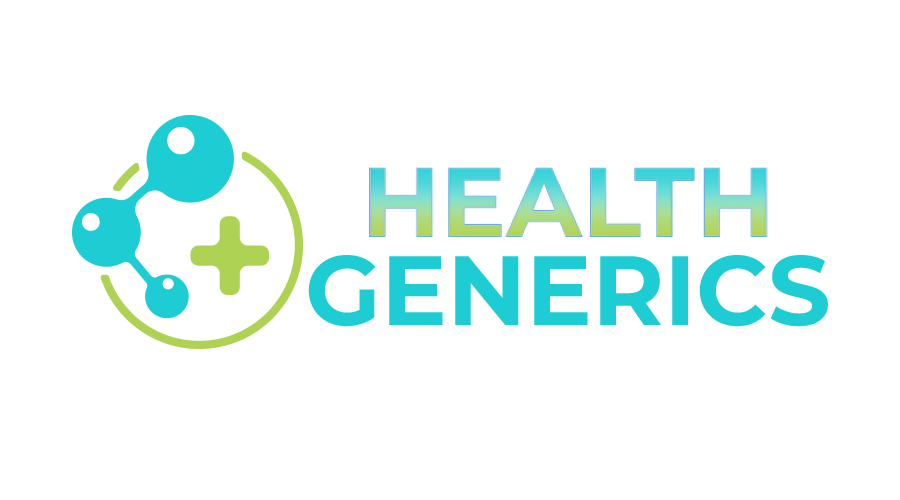
Balance, an often overlooked aspect of our health, is fundamental to our daily functioning and overall quality of life. It’s a complex system delicately orchestrated by the brain, eyes, inner ear, and muscular system, allowing us to walk, run, and move without falling. However, when this intricate system is disrupted, it can significantly impact our lives. Issues with balance can lead to a range of difficulties, from minor disturbances in daily activities to severe limitations and risks.
In the bustling life of Beaumont, where every day brings new challenges, maintaining balance is essential. It’s not just about the physical act of staying upright; balance affects how we navigate our environment, perform our jobs, engage in recreational activities, and enjoy social interactions. When balance is compromised, it can lead to a cascade of changes, affecting everything from personal independence to social confidence.
For many, these challenges arise from disorders affecting the vestibular system – a key component in maintaining balance. Vestibular disorders could cause symptoms such as dizziness, vertigo, and unsteadiness, profoundly affecting one’s ability to perform even the simplest tasks. The good news is that help is available. At facilities like Impact Physiotherapy Beaumont, specialized vestibular physiotherapy offers a lifeline to those struggling with balance issues.
Understanding the nuances of balance and its impact on everyday life is crucial. It’s a matter of health that extends beyond physical well-being, encompassing emotional and psychological dimensions. In the following segments, we’ll explore the common disorders leading to balance issues and how vestibular physiotherapy can effectively restore balance and improve the quality of life.
Understanding Disorders That Cause Imbalance
Imbalance and dizziness can stem from various disorders affecting the vestibular system. Understanding these conditions is the first step in effective treatment:
- Benign Paroxysmal Positional Vertigo (BPPV): Often causing brief episodes of dizziness, BPPV is related to changes in head position and movement.
- Meniere’s Disease: Characterized by vertigo, hearing loss, and tinnitus, this condition involves fluid buildup in the inner ear.
- Vestibular Neuritis and Labyrinthitis: Inflammation of the inner ear or nerves that connect the inner ear to the brain, often leading to prolonged dizziness and balance issues.
- Age-Related Dizziness: As people age, changes in the inner ear can lead to balance problems and an increased risk of falls.
- Post-Traumatic Vertigo: Following a head injury, individuals may experience vertigo and balance disturbances.
How Vestibular Physiotherapy Enhances Balance and Improves Life
Vestibular physiotherapy plays a critical role in managing balance disorders, significantly enhancing patients’ quality of life:
Targeted Exercises
Vestibular rehabilitation includes specific exercises designed to reduce vertigo, improve balance, and enhance gaze stability. Exercises may involve head movements, eye tracking, and balance training.
Repositioning Maneuvers
For conditions like BPPV, therapists perform canalith repositioning maneuvers to move dislodged crystals in the inner ear, providing immediate relief from dizziness. A few other techniques are the Epley or Semont maneuver. The procedure is precise and requires expert knowledge of the vestibular system. It usually takes a few minutes and is often immediately effective, with many patients experiencing relief after just one session.
Balance Retraining
Balance retraining is a progressive process, starting with basic exercises and gradually increasing in complexity. This involves a series of tailored exercises that focus on improving stability. These may include standing on one foot, walking on uneven surfaces, or activities that challenge the body’s balance system. It also involves sensory training that helps the body use visual and proprioceptive cues more effectively for maintaining balance.
Habituation Exercises
These exercises are designed for patients who experience dizziness as a result of certain movements. The goal is to gradually reduce the sensitivity of the nervous system to these movements. It involves repeatedly exposing the patient to the specific movements or visual stimuli that trigger their symptoms in a controlled environment to decrease their response over time.
Cawthorne-Cooksey Exercises
These are a set of exercises initially developed for patients recovering from labyrinthitis, beneficial for various vestibular disorders. The regimen includes a series of head, eye, and body movements aimed at reducing vertigo and dizziness.
Proprioceptive Training
To enhance the body’s ability to sense its position in space, which is crucial for maintaining balance. Activities might include standing on different surfaces (like foam or a balance board), with eyes open or closed, to challenge and improve proprioceptive abilities.
Gait Training
To improve walking stability and safety, which is particularly important for patients who experience unsteadiness or dizziness while walking. Therapists work with patients on various walking exercises, sometimes using treadmills or other assistive devices, to enhance gait patterns and increase confidence in mobility.
Lifestyle Modifications
Alongside physical exercises, therapists advise on lifestyle changes to help manage symptoms and reduce risks associated with balance disorders.
- Dietary Changes: For some vestibular disorders, reducing salt and caffeine intake can be beneficial.
- Activity Adjustments: Modifying daily activities to avoid rapid head movements or changes in position that can trigger symptoms.
- Home Safety: Implementing changes at home to reduce fall risks, like securing rugs and improving lighting.
Holistic Approach
Recognizing that balance issues can affect mental and emotional health, vestibular physiotherapy also addresses the anxiety and stress that often accompany these conditions, offering a holistic approach to recovery. This may include guided imagery, deep breathing exercises, and other relaxation techniques to help manage stress-related dizziness.
Education and Empowerment
- Self-Management Techniques: Teaching patients exercises and maneuvers they can perform at home to manage or alleviate symptoms.
- Empowerment Through Knowledge: Ensuring patients understand their condition empowers them to manage their symptoms effectively and reduces anxiety related to the unknown aspects of their disorder.
Stepping Towards Balance with Vestibular Physiotherapy
Vestibular physiotherapy Beaumont at Impact Physiotherapy means more than treating symptoms; it’s about stepping back into a balanced life. Patients not only find relief from their physical symptoms but also rediscover confidence and joy in their daily activities. In the journey to regain balance, Impact Physiotherapy stands as a pivotal ally, guiding patients towards a steadier, more fulfilling life.
